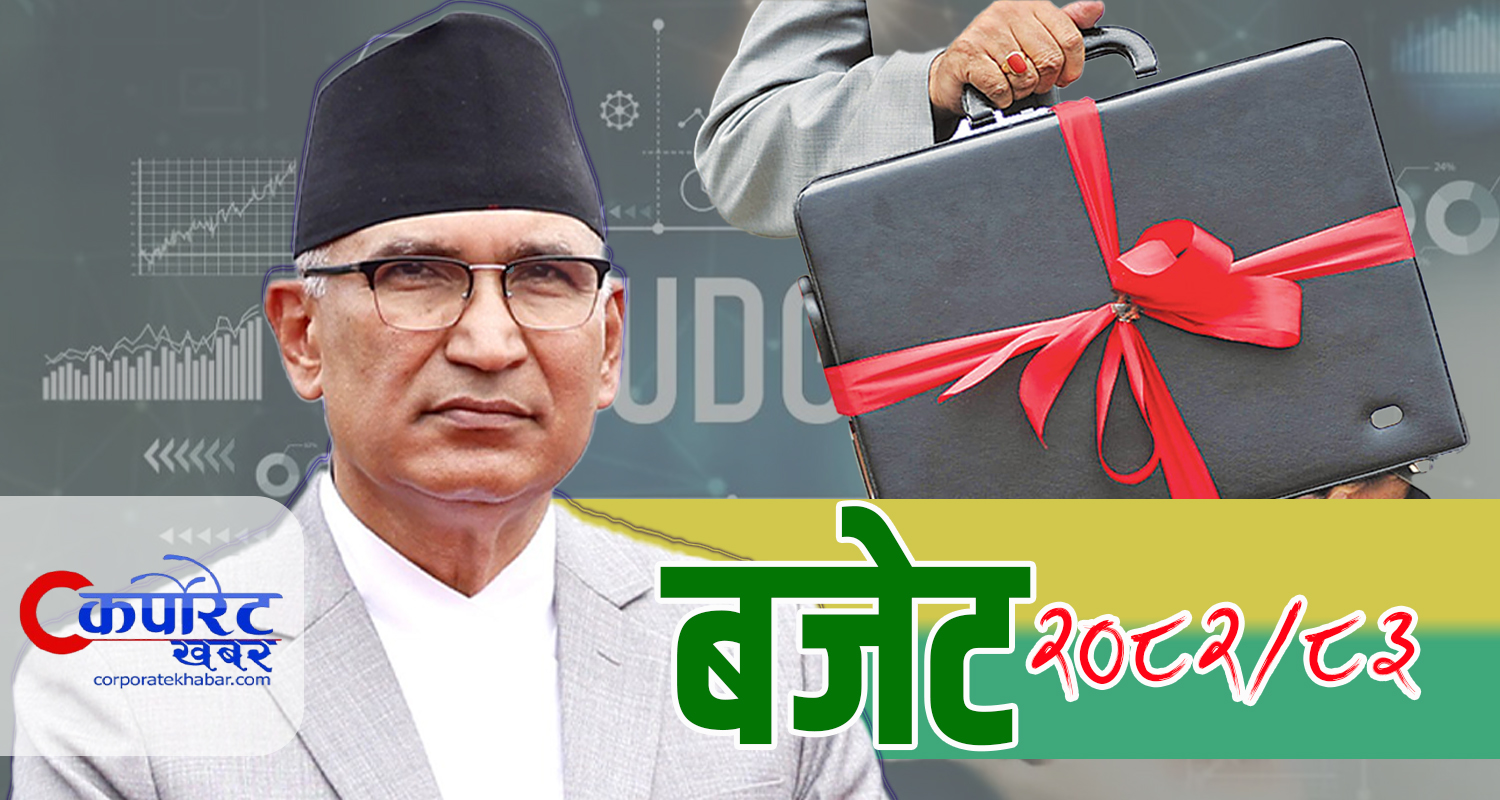
kathamandu . The newly announced federal budget for the fiscal year 2082/83 has come under fire from experts and political leaders, who claim that it fails to reflect the essence of fiscal federalism as envisioned by Nepal’s Constitution. Speaking at a programme titled ‘Budget from Federal Lens’, organized by the Federalism and Localization Centre in Kathmandu on Monday, various speakers expressed concern that the budget still echoes a unitary system, lacking genuine fiscal and administrative decentralization.
Upendra Yadav, Chairman of Janata Samajbadi Party, criticized the budget for depriving provincial and local governments of the necessary resources. He argued that the central government continues to allocate power and budget based on political access and influence, rather than constitutional mandates. Yadav claimed the budget undermines the spirit of federalism by clinging to a centralized structure.
Former Finance Minister Barshaman Pun emphasized the importance of implementing a project bank to ensure structured planning and project selection based on long-term government strategies and development goals. He warned that letting political leaders and ministers dictate priorities could derail the entire planning process.
Santosh Chalise, Chairperson of the Finance Committee in the House of Representatives, stated that while suggestions from the Committee were incorporated into the budget, the ongoing dependency of sub-national governments on the central government for funds remains unsustainable. He noted that most local and provincial governments still lack the capacity or autonomy to manage their own finances.
National Assembly lawmaker Kamala Pant remarked that although the budget appears positive in general, securing resources for its proper implementation remains a major challenge. She pointed out the lack of financial discipline and noted that, despite recommendations from auditing bodies, the government has failed to enforce stricter budgetary controls. According to her, achieving the Sustainable Development Goals (SDGs) within the remaining four years seems nearly impossible under such circumstances.
Former lawmaker Dil Kumari Thapa Rawal expressed disappointment that the budget did not address the pressing issue of fully implementing constitutional federalism. She insisted that political federalism alone is insufficient and must be backed by robust fiscal decentralization.
Dr. Khim Lal Devkota, a former National Assembly member and Chairman of the Federalism and Localization Centre, echoed similar concerns, arguing that the budget ignores the constitutional provisions that guarantee exclusive powers to local and provincial governments. He stressed that fiscal devolution remains weak and largely unfulfilled, leaving the federal structure hollow in practice.
An expert on fiscal federalism, Dr. Devkota further criticized the continued use of an outdated revenue system modeled on centralized governance. He noted that the government has started randomly cutting equalization grants, which were initially designed to strengthen local governance. Simultaneously, an overreliance on conditional loans has reduced the autonomy of local and provincial governments, restricting their ability to plan and act independently.
Yogesh Bhattarai, a member of the House of Representatives and leader of the CPN-UML, acknowledged that despite the federal system being constitutionally adopted, most political parties still function with a centralized mindset. This, he admitted, has hindered the true implementation of federalism.
Former Secretary Bidyadhar Mallik observed that the budget has failed to address the needs of the poor and marginalized sections of society. He urged the government to reduce restrictions on conditional grants to enable more effective service delivery at the local level.
Sunita Dangol, Deputy General Secretary of the Municipality Association of Nepal, added that there is a clear vertical imbalance in Nepal’s fiscal federalism. She remarked that local governments continue to struggle under the weight of centralized control, and unless genuine fiscal power is devolved, the dream of federalism will remain unrealized.
FACEBOOK COMMENTS